By Jeff J. Brown for VT
For the next Chinese Film Culture and History Series, I propose an excellent documentary called Daming Palace (The Palace of Great Brightness 大 明 宫 (Da4 Ming2 Gong1).
This legendary palace was huge, equivalent to three Versailles, four Forbidden Cities, 12 Kremlins and 15 Buckingham Palaces.
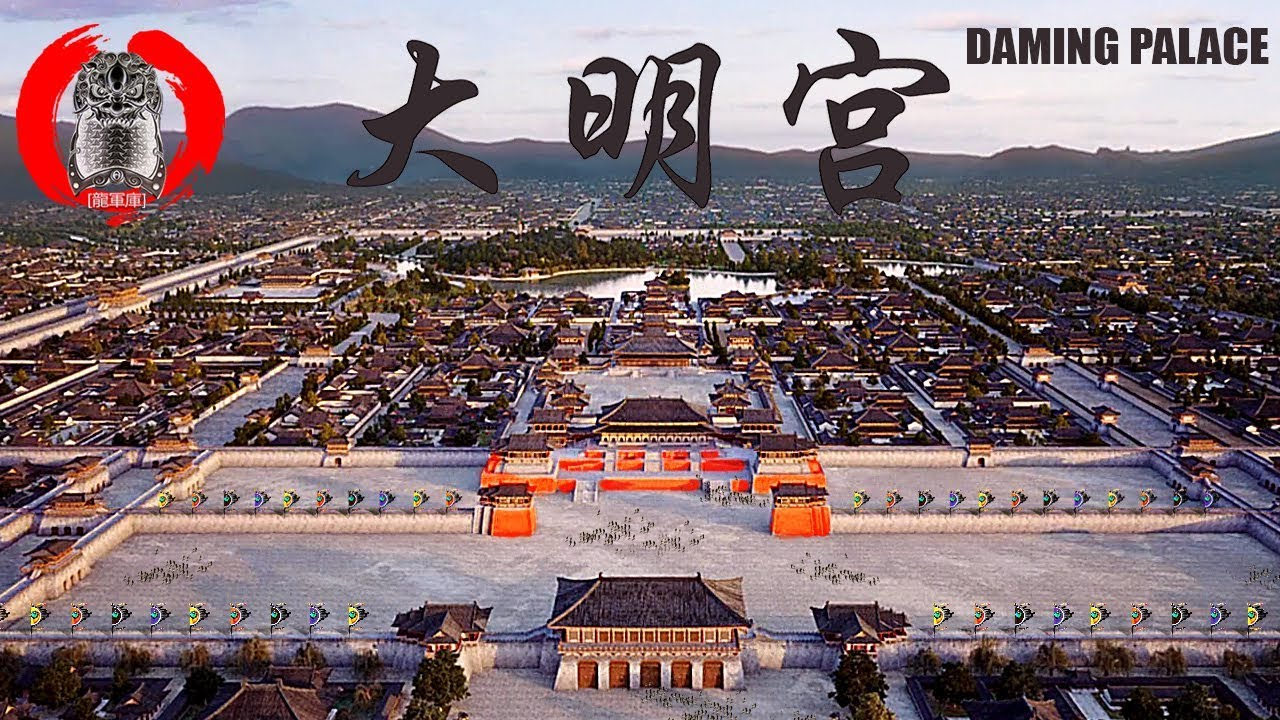
Pictured above: the reconstructed Daming Palace National Heritage Park, outside Xi’an, China.
This documentary gives a panoramic perspective on the Imperial Tang dynasty (618AD – 907AD) through the birth, life and death of the Palace of Great Brightness. It is in Chinese with English subtitles.
The scenes I want to highlight are from 19′ to 32’45”.
I will focus on this segment of 13 minutes and 45 seconds for my comments, plus some additions.
This excerpt gives a certain idea of cosmopolitan Chang’an (Everlasting Peace), the flabbergasting capital city of the Tang Empire, near present-day Xi’an. You will see Prince Narsieh, son of Prince Peroz, aka Firuz of the Persian Imperial House of the Sassanids, at the Chinese Court. And you will also see the main character upon whom I will peruse this time,
EMPRESS WU ZETIAN 武 则 天 (Wu3 Ze2 Tian1)
It means Empress Wu in Accord with Heaven.
That is the name the Chinese use to refer to her for the time period, when she ruled as the sovereign of her own dynasty, the one she created, and not as the Empress Consort of her husband, or the Empress Dowager of her sons in the Tang dynasty. She decided to bring back to life the sacred, revered and unique name of a Royal House of ancient times, which ruled from 1046 BCE to 256 BCE, the Zhou. She took it to name her own dynasty, lasting from 17 October 690 to 21 February 705.
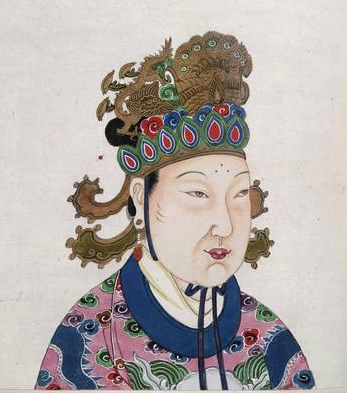
Pictured above: ancient painting of Empress Wu Zetian.
She was born as Wu Zhao 武 照 (Wu3, family name; Zhao4, given name). Her given name means the Shining One.
She was born on 17 February 624. She died on 16 December 705.
Later, she decided to change her given name with a character she invented for herself, but also pronounced Zhao4, but written differently: 曌.
Analyzing the character created by her, one can see the Sun and the Moon over Vacuity. Vacuity is not emptiness but rather understood as All-Encompassing, All-Realizing or Pure Total Awareness, a fundamental Buddhist notion. Thus, this can be understood as Being in Everlasting Dance with Phenomena; or Being and Phenomena. In other words, Total Reality.
She is notable for being THE ONLY FEMALE EMPEROR IN THE HISTORY OF CHINA. For 15 years, she took the title Huang2 Di4 皇 帝, that no woman before or after her used.
Before, she was entitled as,
Empress Consort, Huang2 Hou4 皇 后
Empress Dowager, Huang2 Tai4 Hou4 皇 太 后
Under her 40-year reign, China grew larger, the Empire expanded deep into Central Asia; contacts were established all over the world, corruption in the Court was reduced, the people’s culture and economy were revitalized, and it was recognized as one of the great powers of the world.
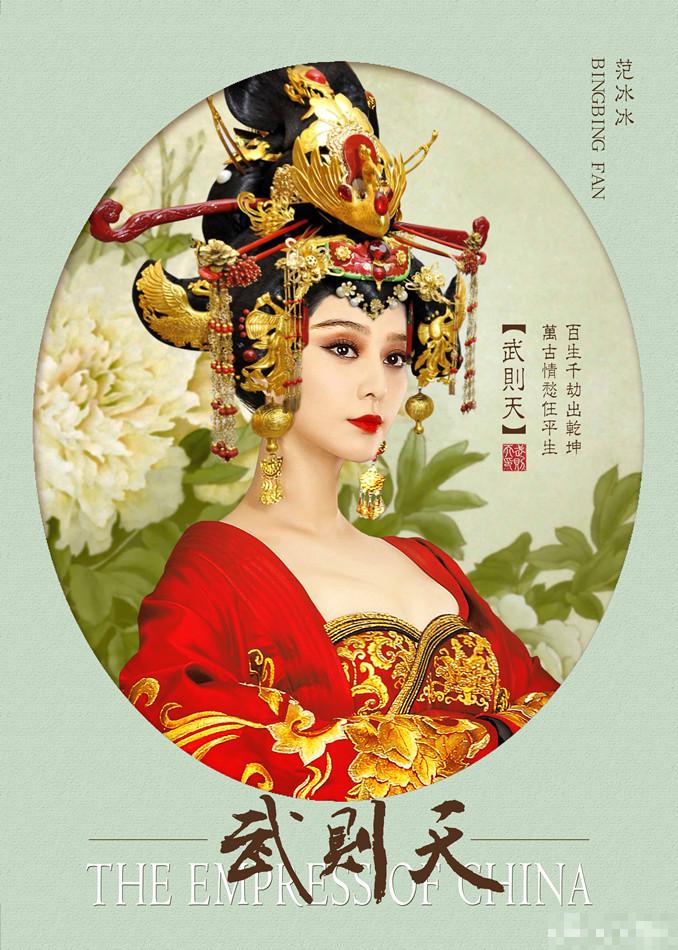
Pictured above: Chinese superstar Fan Bingbing playing the part of Wu Zetian.
Chang’an (Everlasting Peace), the capital city, was cosmopolitan to the core, with considerable foreign populations, and ranked together with Constantinople and Baghdad, among the most glorious cities of the world. It is an understatement to say Buddhism (one of the three major teachings vitalizing Chinese Civilization, with Confucism and Daoism), thrived tremendously under her imperial sponsorship. The Arts also flourished, of course.
The printing press started with the xylographic technique in China in the seventh century, under Wu’s reign.
The printing press with movable type in clay or porcelain appeared in China in the eleventh century, 400 years after Wu Zetian. It was also a first for the whole world.
I just want to mention the name of the inventor, Bi Sheng 毕 昇 Bi4 Sheng1 (born 972 – died 1051). Bi Sheng’s system was made of clay or Chinese porcelain and was invented between 1039 and 1048 during the Song dynasty, in the Qingli Era 庆 历 Qing4 Li4.
His name would have been lost for history if the scholar-official and polymath Shen Kuo 沈 括 Shen3 Kuo4 (born 1031 – died 1095) had not recorded it in his Dream Pond Essays.
Two centuries later, the government official Wang Zhen 王 祯 Wang2 Zhen1 (born 1290 – died 1333) improved Bi Sheng’s clay types, by innovation through the use of wood, as his process increased the speed of typesetting as well.
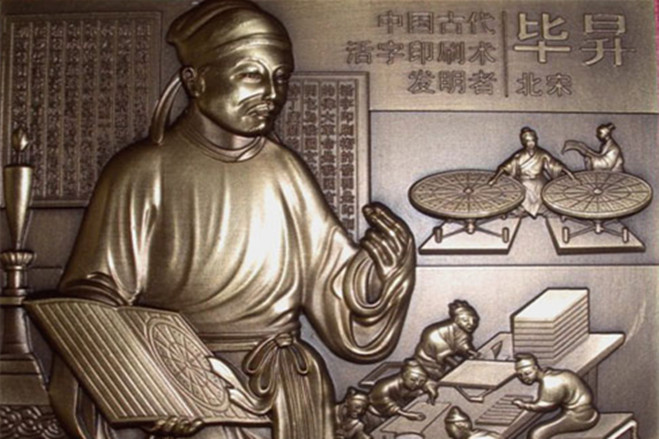
Pictured above: a commemorative plaque honoring Bi Sheng, the inventor of the moveable type printing press.
Later in the Ming dynasty, around 1490, the bronze movable type was developed by the wealthy printer Hua Sui 华 燧 Hua2 Sui4 (born 1439 – died 1513).
Johannes Gutenberg (circa 1400 – died 1468) was the first European who adopted Bi Sheng’s 400-year-old movable type printing press in 1439.
Let’s come back to the Tang Empire.
With regular tree-lined avenues, high walls, pleasure parks, and areas dedicated to specific functions, Chang’an’s layout influenced the city planning of several other Eastern Asian capitals for many years to come. It was a model that was copied meticulously. Modern Kyoto, Japan still retains some characteristics of Tang Chang’an, on a more modest scale.
At its peak in the eighth century, the city had the largest concentrated population on Earth, about three million inhabitants (one million inside the city walls and another two million in the surrounding suburbs).
London and Paris would only have one million inhabitants each 1,000 years later, in the 1800s.
The Chinese people call her Wu Zetian when she presided over her own dynasty, created by her, the Zhou, from 17 October 690 to 21 February 705.
Wu Hou 武 后 (Wu3 Hou4) meaning Sovereign Wu was used for the time she was Empress Consort of her second husband Gaozong (reigned 649 – 683), then reigned from 655 to 683 as Empress Dowager for her sons, by Emperor Zhongzong and Emperor Ruizong (reigned 684 – 690), who were mere puppets in the hands of their mother.
Li Xian (born 656 – died 710) Li3 Xian3 李 顯, also known as Emperor Zhongzong (Centered Ancestor) “ruled” from 23 January 684 to 26 February 684, deposed by his mother in favor of a younger and more easy-going brother, Prince Dan. He ruled a second time from 705 to 710.
Li Dan (born 662 – died 716) Li3 Dan4 李 旦, also known as Emperor Ruizong (Far-Sighted Ancestor) “ruled” from 26 February 684 to 17 October 690, under the control of his mother. He ruled a second time from 710 to 712, abdicating in favor of his son, the outstanding Emperor Xuanzong (Mysterious Ancestor) (born 713 – died 756). Emperor Ruizong died in 716, three years after his abdication on 30 July 713. Nevertheless, when it is written in history books that Emperor Ruizong ruled from 710 to 712, we understand he ruled the whole year of 712 but not the whole of year 713.
Emperor Ruizong was so laid-back baba cool during his second reign, that he let his younger, capable sister, Princess Taiping, supervise everything.
太 平 宫 主 Tai4 Ping2 Gong1 Zhu3 Princess Taiping, personal name uncertain, possibly Li Jinyue, 李 今 月 Li3 Jin1 Yue4.
She was the last daughter of Wu Zetian.
She was born after 662 and committed suicide at home on 2 August 713, because her nephew, Emperor Xuanzong, who did not inherit the relaxed disposition of his father, ordered her to do so, thus securing his imperial power. Princess Taiping’s assets were confiscated, and it was said that there was so much treasure, livestock and real estate that it took several years for the accounting to be complete.
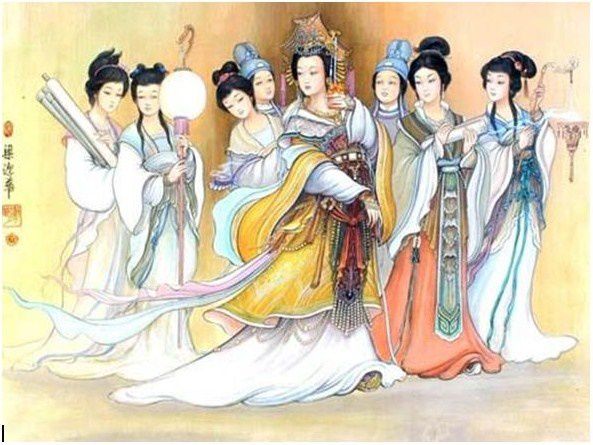
Pictured above: Wu Zetian in a painting with her female court.
The period 655 to 705 represents 50 years. I wrote above on her 40-year reign, because for about the first 11 years of his reign, Gaozong truly ruled, albeit much assisted by his wife. After Gaozong had a debilitating stroke in 660, Empress Wu became the Administrator of the Court, a position equal to the Emperor’s. So, from 660 to 684, (two thirds of the nominal reign of her husband (born 649 – died 684), Wu Hou was the true ruler of the Chinese Empire.
Her Art Name is Glamorous Lady, Mei3 Niang2 in Chinese 媚 娘, bestowed upon her by her first husband, Emperor Taizong/Supreme Ancestor (reigned 626 – 649), father of her second husband, Emperor Gaozong/Lofty Ancestor (reigned 649 – 684). It was, of course, an enormous scandal at the time.
Empress Wu was 26 years younger than her first husband and four years older than her second husband. There was no intimate intercourse between Taizong and her and the answer is obvious concerning Gaozong and her, since they had children together.
Therefore, to our modern minds, the scandal was more a ritualistic one, not a natural impropriety. But rituals were and are paramount in Chinese society. After all, rituals are the everyday expressions of ethics and morality. But ask yourself the question: if you are truly, madly attracted to a woman just four years your senior (albeit she has been wed to your dead father) and you are an Emperor, what would you have done?
Besides her political achievements, Wu Zetian also had a fulfilled family life. She had four sons, two were emperors and one was bestowed that rank as a posthumous honor. One of her grandsons was the glorious Emperor Xuanzong/Mysterious Ancestor (born 713 – died 756).
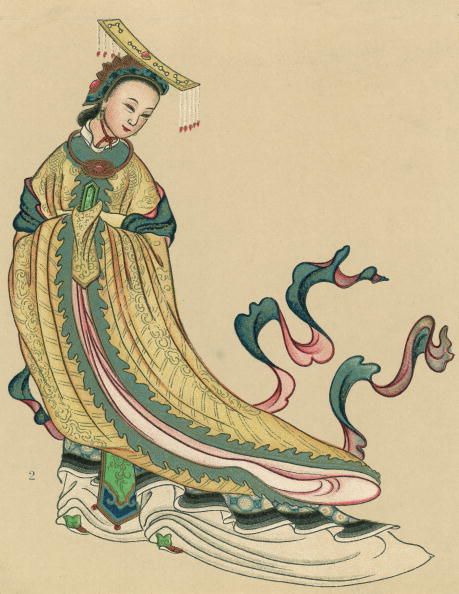
Pictured above: Wu Zetian painting in Buddhist temple style.
Here is a poem she wrote when in a nunnery just after the death of her first husband, as protocol demanded for all consorts without children, longing for Prince Zhi, now Emperor Gaozong (born 649 – died 684),
I miss you so much,
living as if in a trance
Ensnared by confused thoughts,
mistakenly seeing red as green
My body, haggard and feeble day by day,
because I miss you so much
I miss you so much but can’t see you,
my face washed with tears all day long
I send you a dress, my beloved,
the pomegranate dress of the day we first met
If you don’t believe me,
open the box and look at
the dress wet with my tears.
The last scenes of the documentary show the final days of Chang’an, two centuries after Empress Wu’s life. Something of the doom and gloom atmosphere can be felt by reading a poem by Tang poet Wei Zhuang (born 836? – died 910) Wei2 Zhuang1 韋 莊.
Wei Zhuang had an easy-going disposition, even a bit nonchalant. His ancestors held quite high positions at Court in the eighth century. His native home was in a suburb just southwest of the capital city. He submitted himself to the Imperial Examinations late in life, at almost 60. He had a mediocre career, (what else to expect?), but wrote beautiful poetry, starting at a young age. Contrary to the stereotype of the hardworking Asian (not entirely false, of course), I think there are also plenty of Chinese and Asian people resembling poet Wei Zhuang. This poet was the perfect witness for the fall of a glorious empire. His poem,
Desolate city of Chang’an, what do now contain?
Ruined bazaars, deserted streets where tender wheat-ears grow.
Collecting fuel, they cut down every flower in Almond Park
For barricades they rooted out the willows of the
Grand Canal.
Gay-painted coaches, patterned wheels, have scattered long ago.
Of splendid mansions, grand vermilion gates, not half remain!
(translated by Dawson, ’61)
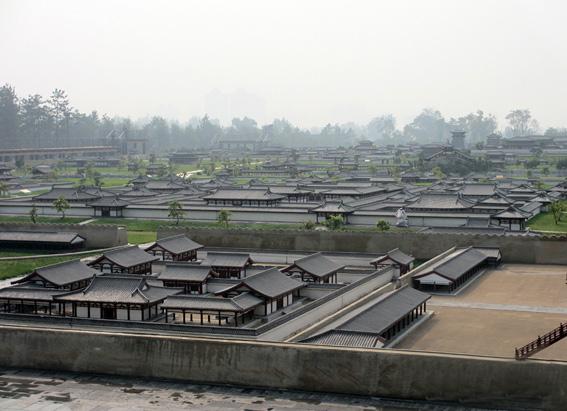
Pictured above: the interior of the modern Daming Palace National Heritage Park, outside Xi’an, China.
For those of you who enjoyed the detective novels written by Robert van Gulik (born 1910 – died 1967), know that the hero of those stories, Judge Dee, truly existed and worked in Chang’an under Empress Wu.
Robert van Gulik is known to the Chinese as 高 罗 佩 Gao1 Luo2 Pei4. He was a Dutch Orientalist, diplomat, musician (of the Chinese zither or gu3qin2, 古 琴) and writer. He married Shui Shifang, the daughter of a Qing dynasty Imperial mandarin, and they had four children together.
Judge Dee, or to be precise, Di2 Ren2 Jie2 狄 仁 杰, was born in 630 and died in 700.
He was elevated to the rank of Duke Wenhui of Liang 梁 文 惠 (Wen Hui: Cultured and Kind) 公/Gong = Duke.
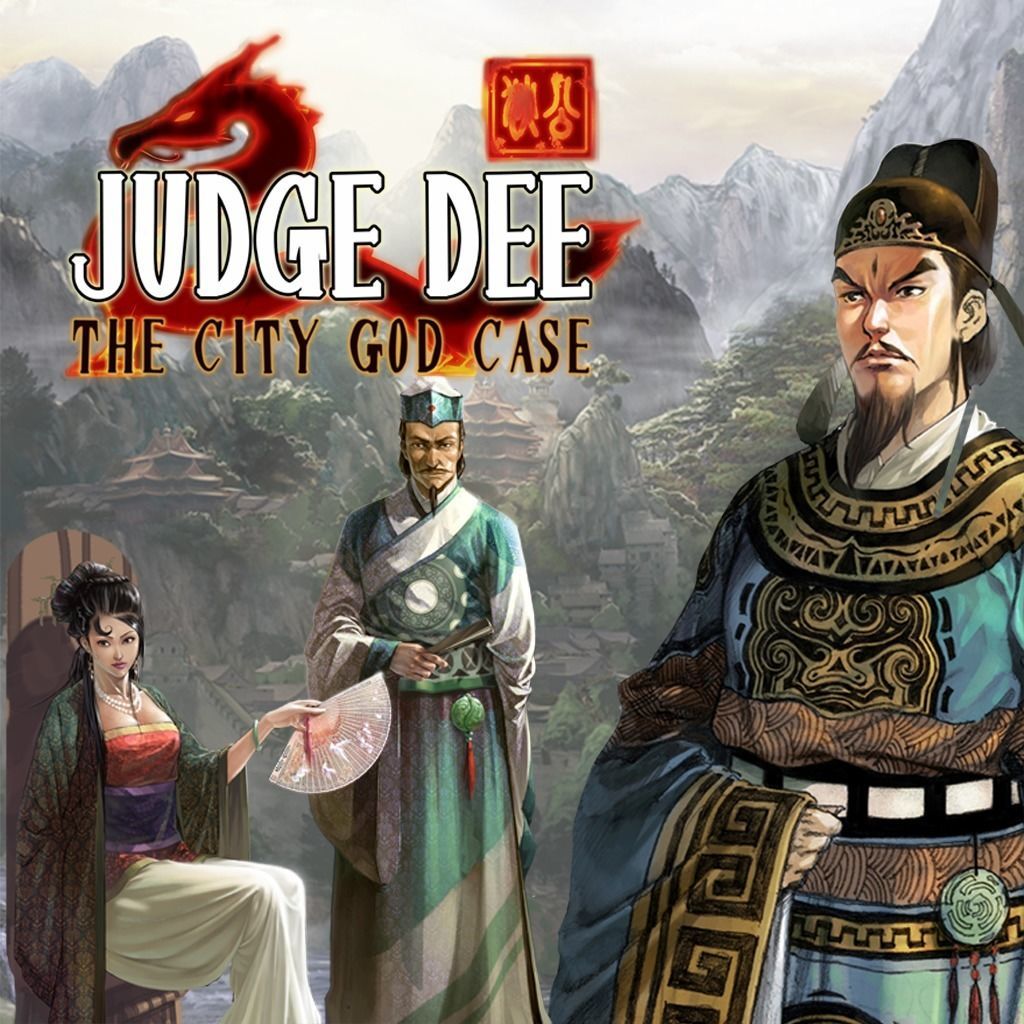
Pictured above: the front cover of a Judge Dee graphic novel. Robert van Gulik’s books are outstanding entertainment and historically accurate. I’ve read several.
Twice serving as chancellor during the reign of Wu Zetian, he was one of the most celebrated officials of her reign. She really respected him.
The irony is that prior to his death, Di had recommended many capable officials, who, five years later, were instrumental in overthrowing Wu Zetian, on the fated day of 21 February, 705, thereby returning Li Xian to the throne (as Emperor Zhongzong, second reign: 705 -710). The legend said that upon learning of her deposition, Her Majesty told the discombobulated ministers that she needed to go back to bed. After all, she reached her 81st birthday four days earlier. She died 10 months later, on 16 December, 705, two months and a day before her 82nd birthday.
Di Renjie (630 – 700) is credited as having restored the Tang dynasty, by proxy through the bureaucrats he mentored or helped.
Among those men, let’s mention Zhang Jianzhi (born 625 – died 706), Yao Yuanchong (born 650 – died 721), Huan Yanfan (born 653 – died 706); Jing Hui, who died in 706 and Cui Xuanwei (born 638 – died 706).
One last word. For those wishing to dig deeper into the fabulous life of this unique human being, I suggest a book written by N. Harry Rothschild,
Emperor Wu Zhao and her pantheon of Devis, Divinities and Dynastic Mothers (2015), Columbia University Press.
It is fun to read and at the same time, quite scholarly (63 pages of notes and 26 pages of bibliography for a main text of 235 pages).
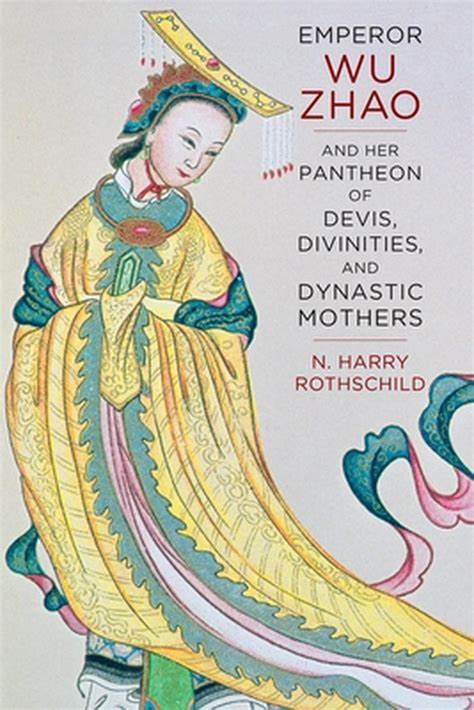
Pictured above: cover of book, “Emperor Wu Zhao and her pantheon of Devis, Divinities and Dynastic Mothers”.
Yes, it is Emperor Wu Zhao, not Empress Wu Zhao.
Wu Zhao Huangdi 武 曌 皇 帝 (Wu3 Zhao4 Huang2 Di4)
She is the only woman in Chinese history to be called Huang Di 皇 帝, Emperor.
Enjoy!
Dr. Quan
Download the subtitled movie here, from my extensive Chinese film library,
https://mega.nz/#P!AgGpmEaBkpKcLhM7c3YZsAepHmI4G1Ch8H1jnvlPNXPMqiNajQGflkKBunSGUDXUjCWhv7ajHs7pH3IqP6nfPSwYX3FBMzb9fP06nmrG5P4kHORDscAmW4bc8upfXQC3i0poUnotSSs
Password to download film,
DaMingDigs618
###
Do your friends, family and colleagues a favor to make sure they are Sino-smart:
PRESS, TV and RADIO
About me: https://chinarising.puntopress.com/about-the-author/
Bitchute videos: https://www.bitchute.com/channel/REzt6xmcmCX1/
Books: https://chinarising.puntopress.com/2018/06/18/praise-for-the-china-trilogy-the-votes-are-in-it-r-o-c-k-s-what-are-you-waiting-for/
Brighteon videos: https://www.brighteon.com/channels/jeffjbrown
iTunes: https://itunes.apple.com/cn/podcast/44-days-radio-sinoland/id1018764065?l=en
Ivoox: https://us.ivoox.com/es/podcast-44-days-radio-sinoland_sq_f1235539_1.html
Journalism: https://chinarising.puntopress.com/blog-2/
Odesee videos: pending review
RUvid: https://ruvid.net/w/radio+sinoland
Sound Cloud: https://soundcloud.com/44-days
Stitcher Radio: http://www.stitcher.com/podcast/44-days-publishing-jeff-j-brown/radio-sinoland?refid=stpr
YouTube: https://www.youtube.com/channel/UCS4h04KASXUQdMLQObRSCNA
Vurbl audio: https://vurbl.com/station/1Vc6XpwEWbe/
Websites: http://www.chinarising.puntopress.com ; www.bioweapontruth.com ; www.chinatechnewsflash.com
SOCIAL MEDIA
Email: jeff@brownlanglois.com
Facebook: https://www.facebook.com/44DaysPublishing
Flickr: https://www.flickr.com/photos/98158626@N07/
Instagram: https://www.instagram.com/jeffjbrown_44days/
Line App/Phone/Signal/Telegram/WhatsApp: +33-6-12458821
Linkedin: https://cn.linkedin.com/in/jeff-j-brown-0517477
Pinterest: https://www.pinterest.com/jeffjb/
Parler: https://parler.com/profile/jeffjbrown
Sinaweibo: http://weibo.com/u/5859194018
Skype: live:.cid.de32643991a81e13
Tumblr: http://jjbzaibeijing.tumblr.com/
Twitter: https://twitter.com/44_Days
VK: http://vk.com/chinarisingradiosinoland
WeChat: +86-19806711824
Why and How China works: With a Mirror to Our Own History
JEFF J. BROWN, Editor, China Rising, and Senior Editor & China Correspondent, Dispatch from Beijing, The Greanville Post
Jeff J. Brown is a geopolitical analyst, journalist, lecturer and the author of The China Trilogy. It consists of 44 Days Backpacking in China – The Middle Kingdom in the 21st Century, with the United States, Europe and the Fate of the World in Its Looking Glass (2013); Punto Press released China Rising – Capitalist Roads, Socialist Destinations (2016); and BIG Red Book on China (2020). As well, he published a textbook, Doctor WriteRead’s Treasure Trove to Great English (2015). Jeff is a Senior Editor & China Correspondent for The Greanville Post, where he keeps a column, Dispatch from Beijing and is a Global Opinion Leader at 21st Century. He also writes a column for The Saker, called the Moscow-Beijing Express. Jeff writes, interviews and podcasts on his own program, China Rising Radio Sinoland, which is also available on YouTube, Stitcher Radio, iTunes, Ivoox and RUvid. Guests have included Ramsey Clark, James Bradley, Moti Nissani, Godfree Roberts, Hiroyuki Hamada, The Saker and many others. [/su_spoiler]
Jeff can be reached at China Rising, jeff@brownlanglois.com, Facebook, Twitter, Wechat (+86-19806711824/Mr_Professor_Brown, and Line/Signal/Telegram/Whatsapp: +33-612458821.
Read it in your language • Lealo en su idioma • Lisez-le dans votre langue • Lies es in deniner Sprache • Прочитайте это на вашем языке • 用你的语言阅读
ATTENTION READERS
We See The World From All Sides and Want YOU To Be Fully InformedIn fact, intentional disinformation is a disgraceful scourge in media today. So to assuage any possible errant incorrect information posted herein, we strongly encourage you to seek corroboration from other non-VT sources before forming an educated opinion.
About VT - Policies & Disclosures - Comment Policy



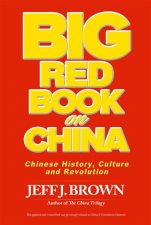




Traditional Chinese music can be extremely relaxing……….
For a little while.
And then after that, it probably helps if you’re a little Chinese.
😘
Comments are closed.